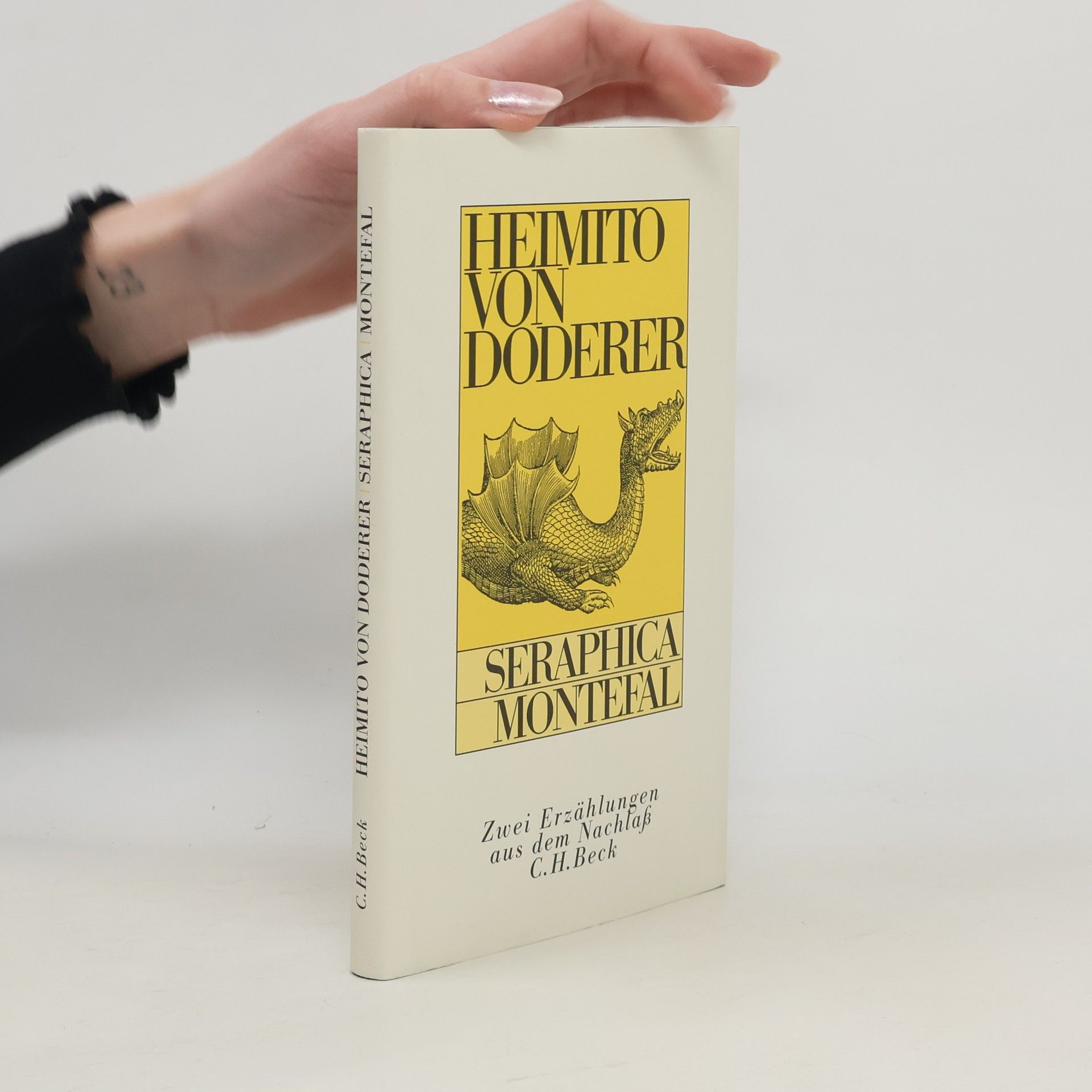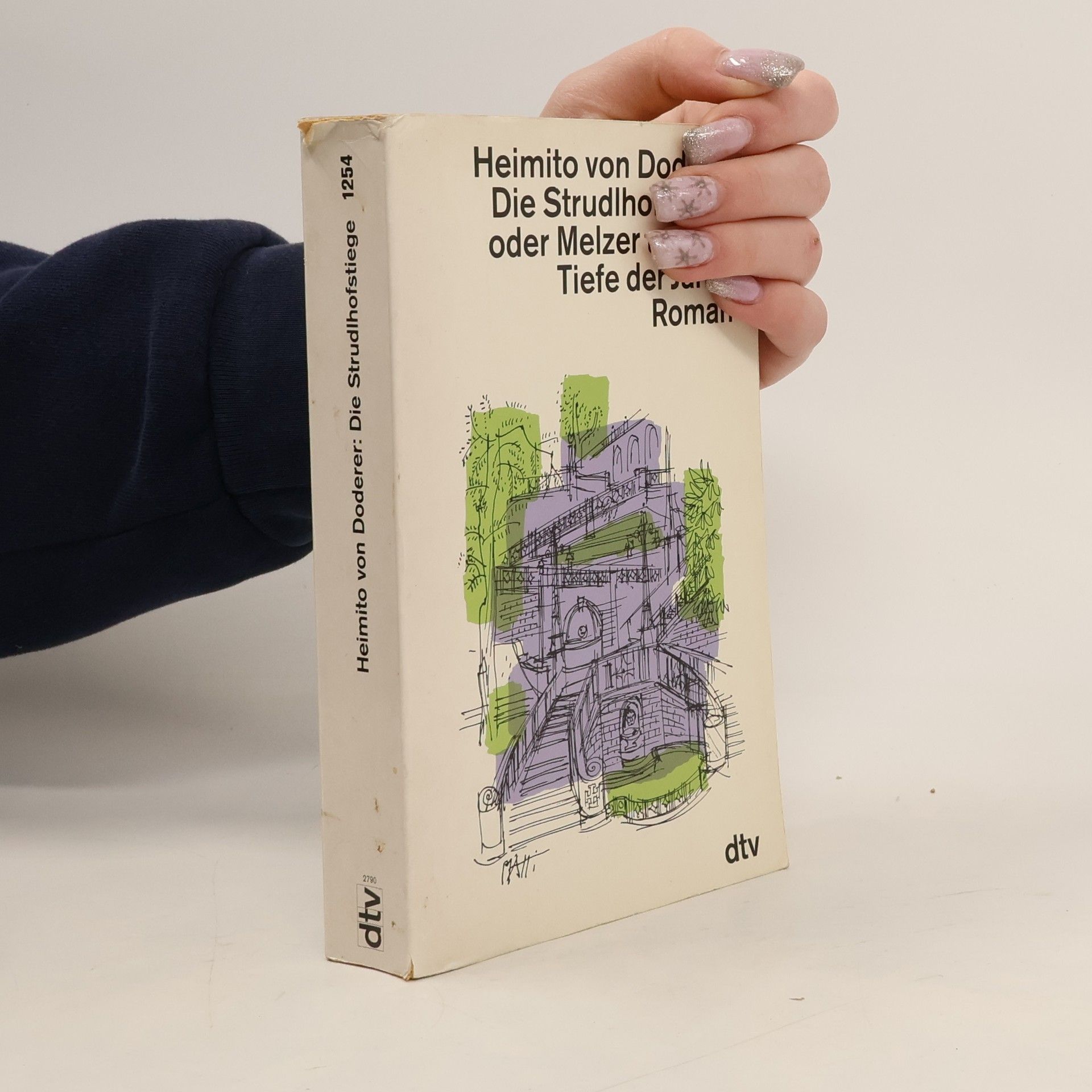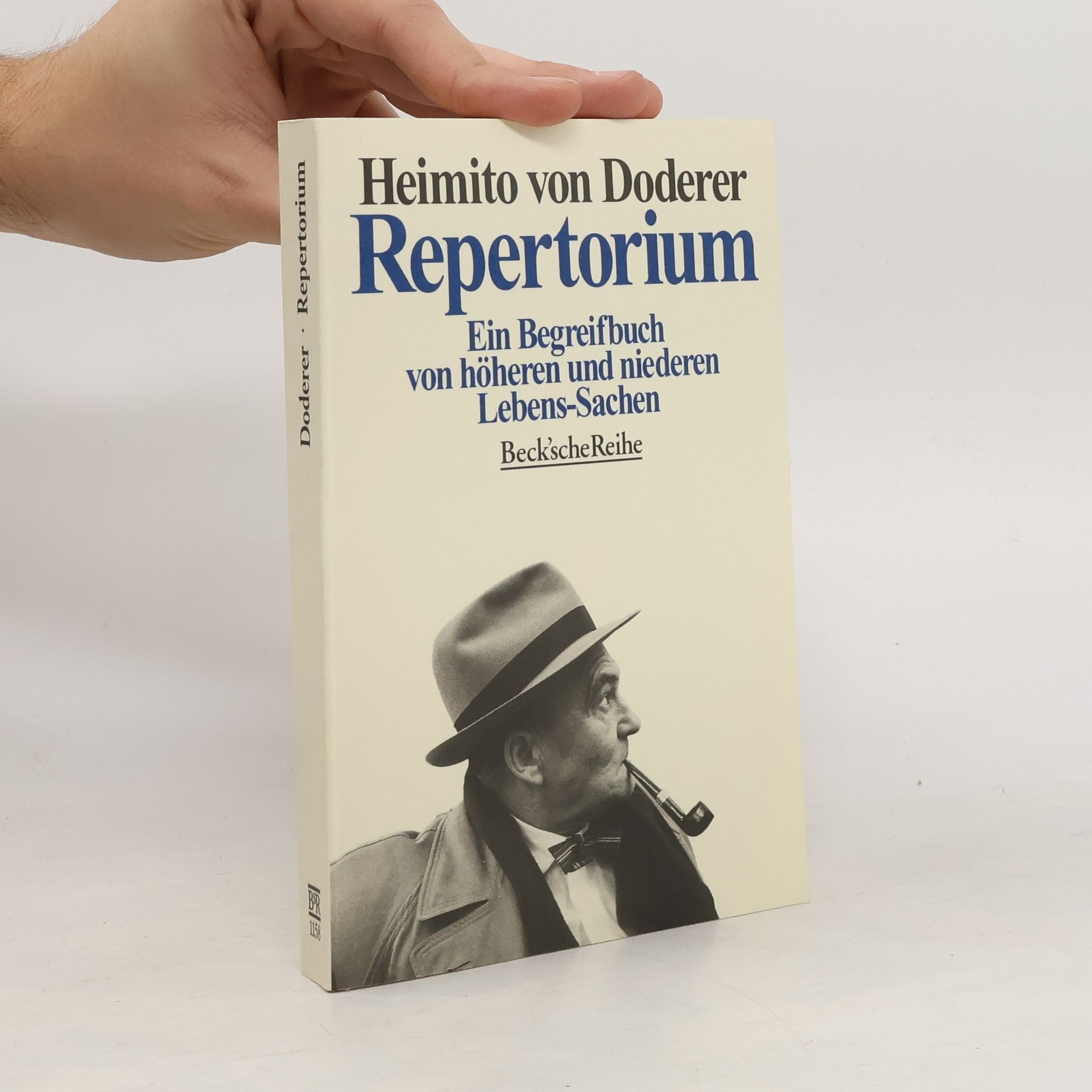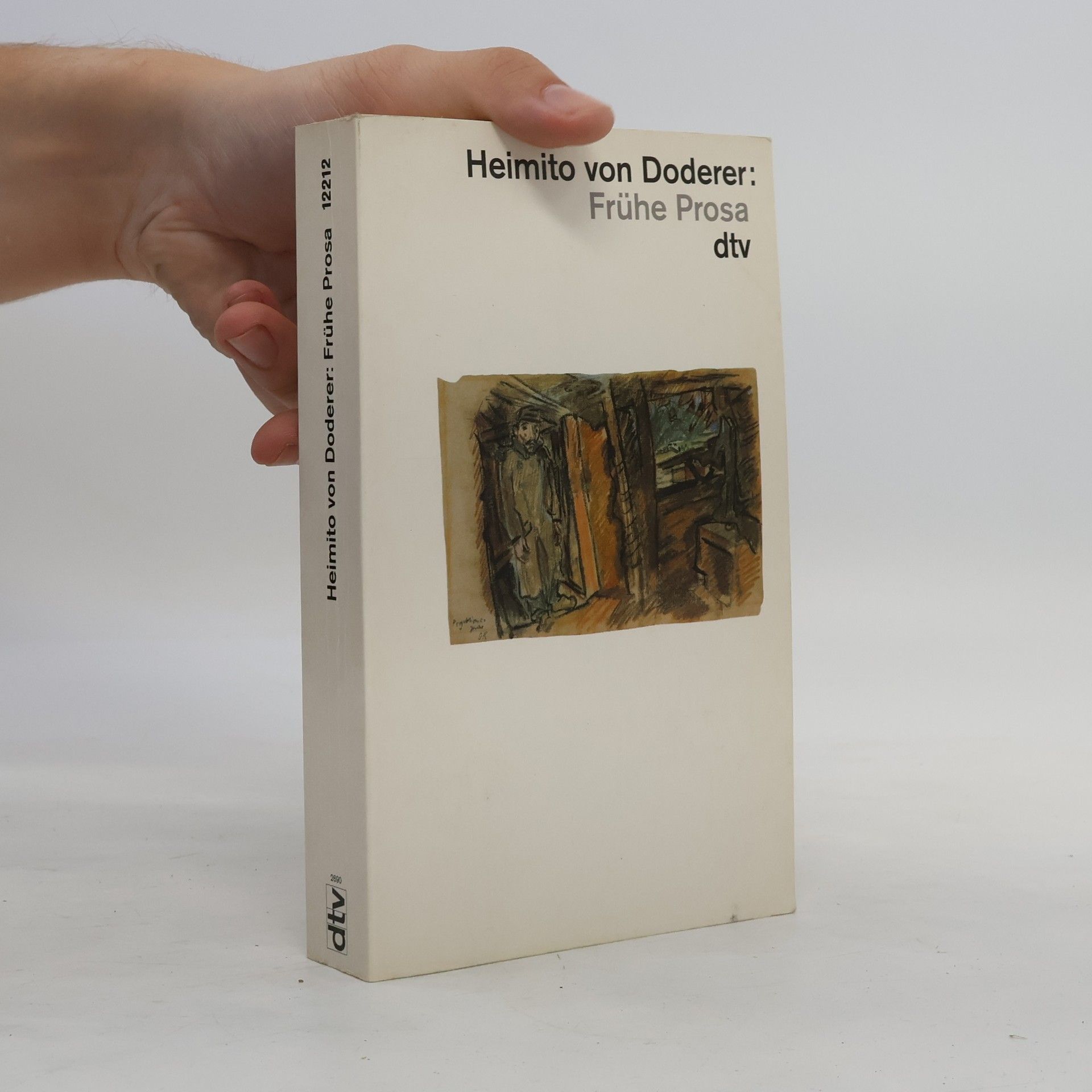Die Werkkassette ermöglicht einen ausgezeichneten Zugang zu den Romanen und Erzählungen des bedeutenden österreichischen Schriftstellers.
Heimito von Doderer Book order (chronological)
Heimito von Doderer, recognized as one of Austria's most significant writers, primarily focused his literary gaze on Vienna and its distinct atmosphere. His work delves into the intricate connections between individuals and society, marked by a rich, elaborate prose style and profound psychological insight. Following his return from Russian captivity, where he spent several years, he pursued studies in history. Von Doderer's writing is notable for its epic scope and its compelling ability to capture the spirit of its era.




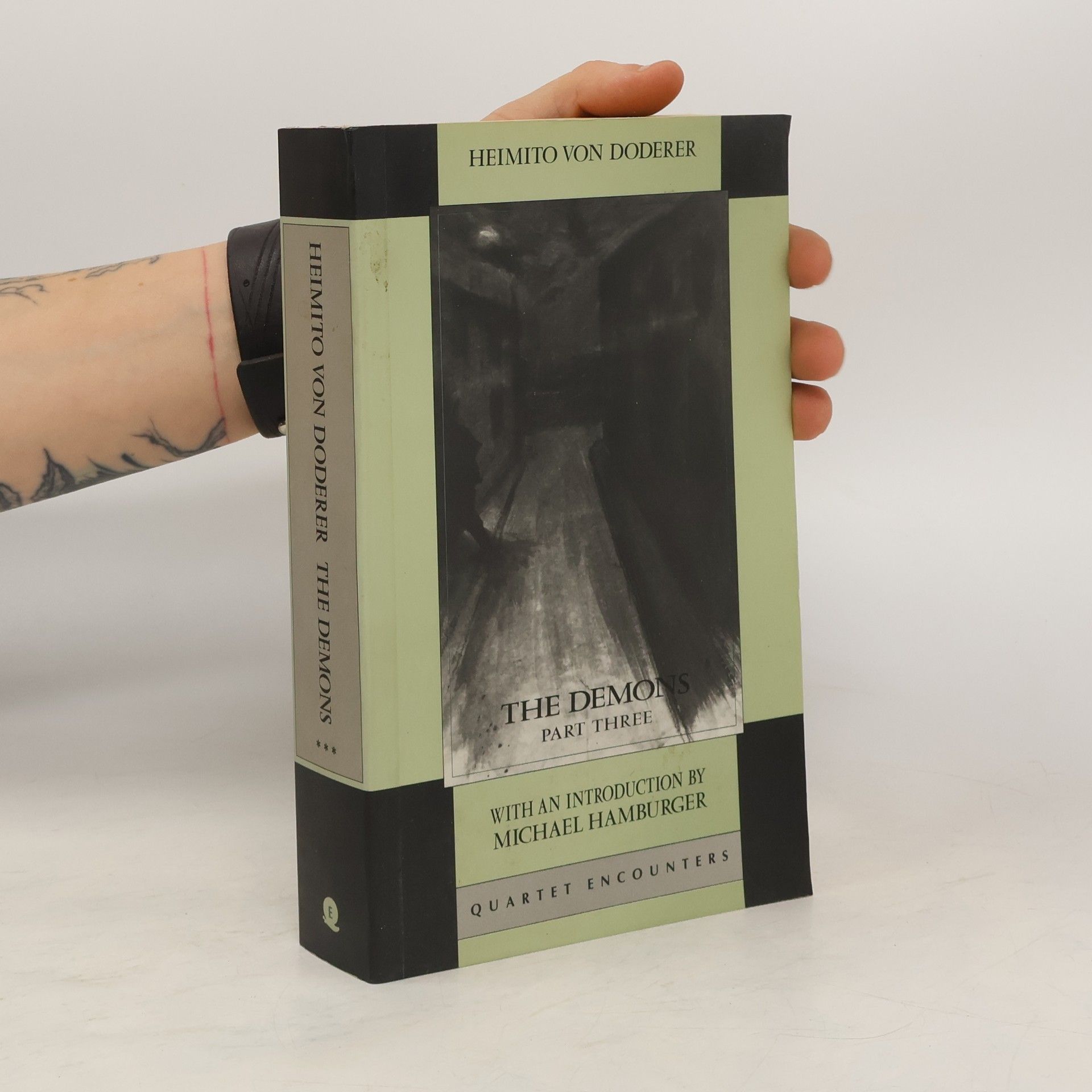

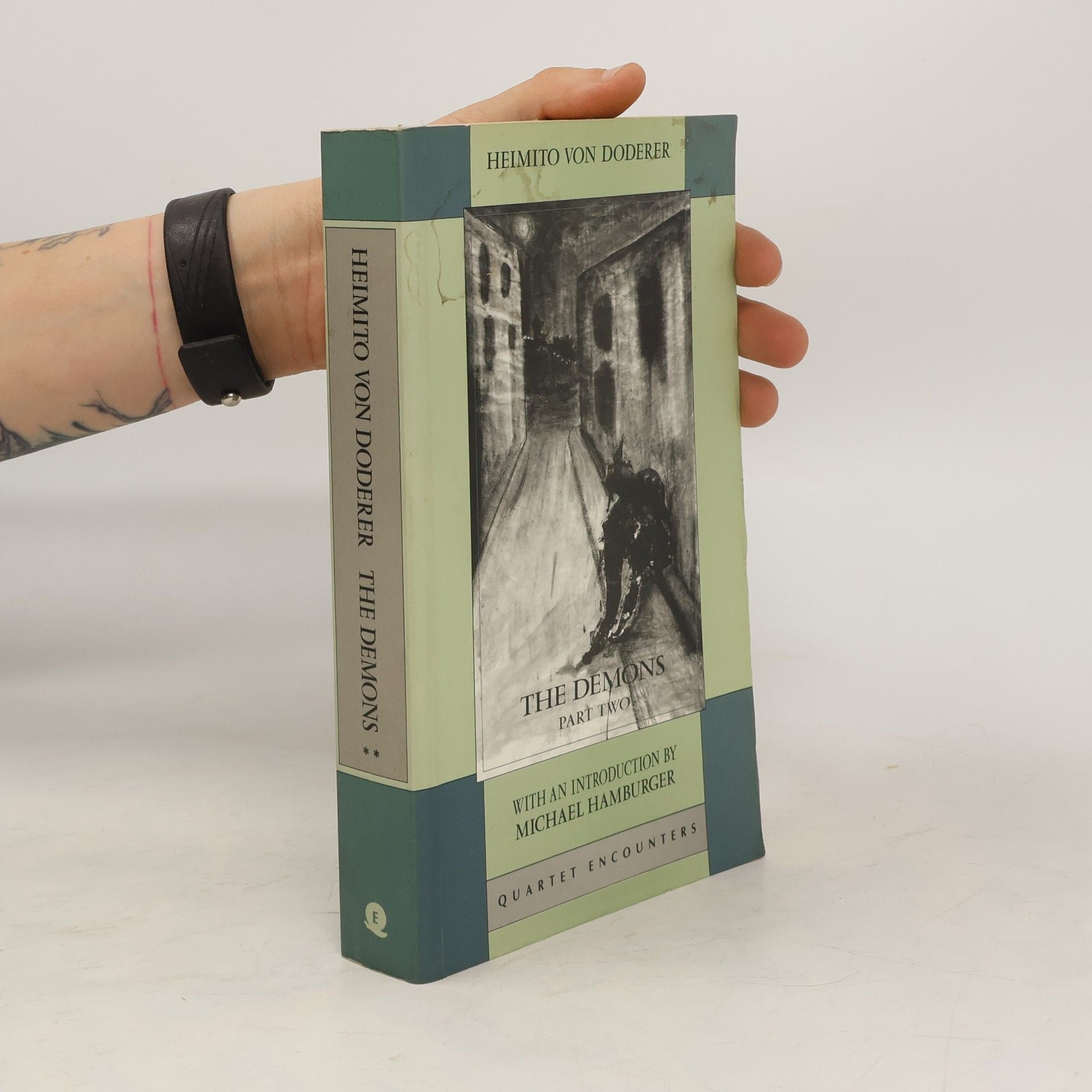
Die Geschichte von der Menschwerdung des Amtsrates Julius Zihal setzt ein mit dessen Pensionierung. Jetzt, da ein durch Vorschriften und Dienstanweisungen klar umrissenes Leben jäh seinen Sinn zu verlieren droht, stellt sich heraus, daß es gerade die «Dienstpragmatik» war, die den Amtsrat über vierzig Beamtenjahre hin seiner Menschwerdung entgehen ließ. Der Roman «Ein Umweg» spiegelt die Welt des österreichischen Barocks. Auf einer farbenprächtigen Bühne rollt das Zwillingsschicksal zweier ganz verschiedener Männer ab. Beide versuchen, ihrem tragischen Los zu entgehen. Aber es gibt keinen Ausweg, nur einen «Umweg», eine Frist zur Selbsterkenntnis.
Krachkultur 21/2020
- 200 pages
- 7 hours of reading
Die KRACHKULTUR bringt bahnbrechende Literatur aus der ganzen Welt. Große Autoren und neue Stimmen. Leise und laute. Zu heiklen Themen wie Heimat und Sexismus, und zu den schönen Momenten im Leben, die im Alltag untergehen. Die spannende Literaturzeitschrift für heute. Jedes Heft sorgt für Debatten, von FAZ bis Neues Deutschland. Die Süddeutsche sagt, die KRACHKULTUR tanzt „niemandes Pfeife nach“. FAZ Woche nennt sie „ein kleines Mirakel“. Der Bayerische Rundfunk mahnt: „Nicht versäumen!“ Für das Hamburger Abendblatt ist die Krachkultur gar „Pflichtlektüre für Literaturkenner“. Und Welt kompakt urteilt: „Es gibt in KRACHKULTUR kaum einen Beitrag, sei es Gedicht, Story oder Essay, der sich nicht der Lektüre lohnte.“ Die KRACHKULTUR wird mit Texten die Welt nicht aus den Angeln heben – aber sie rüttelt sie manchmal gehörig durch. Im aktuellen Heft steht ein Interview mit Colson Whitehead, der für Underground Railroad und Die Nickel Boys gleich zweimal den Pulitzer-Preis erhielt. Außerdem geht es um das Frauenbild im Deutschrap, ein Violine spielendes Wunderkind in der DDR, Beethovens Sterbezimmer und einen mehr oder weniger echten Tag im Leben von Bob Dylan. Mit dabei sind Skandalautor Tom Kummer, Pop-Literat Eckhart Nickel, der große englische Lyriker Philip Larkin und Bestseller-Biologe Josef H. Reichholf.
"Die Posaunen von Jericho" von Heimito von Doderer erzählt von einem namenlosen Doktor in Wien, der in moralisch fragwürdige Situationen gerät. Er wird Zeuge eines Übergriffs, erlebt Alkoholexzesse und einen gescheiterten nächtlichen Lärmangriff auf eine alte Dame. Doderer betrachtet dieses Werk als sein Hauptwerk.
Seraphica / Montefal
- 109 pages
- 4 hours of reading
Mit seinem Anfang der fünfziger Jahre erschienenen Roman Die Strudlhofstiege sicherte sich Heimito von Doderer einen Platz im Kanon der Weltliteratur. Dieser Band präsentiert erstmals zwei frühe Erzählungen aus dem Nachlaß des österreichischen Romanciers. Beide Texte haben Themen aus der mittelalterlichen Welt, für die der Autor ein besonderes Faible hatte. Seraphica schildert das Leben und Wirken des heiligen Franz von Assisi. Auf der Grundlage akribischer Quellenstudien hat Doderer eine ebenso interessante wie eigenwillige Franziskus-Biographie entworfen, die den Vergleich etwa mit Hermann Hesses bekannter Erzählung über den Heiligen aus Assisi nicht zu scheuen braucht. Montefal führt eine verkehrte höfische Ritterwelt vor: Obwohl sein Kampf mit dem Drachen im Wald von Montefal ihn hierzu berechtigen würde, verabsäumt es der spanische Ritter Ruy de Fanez, um die Herzogin Lidoine zu werben. Als ihm ein anderer Ritter das potentielle Liebesglück streitig macht, versinkt Herr Ruy in schwärzester Melancholie. Diese wunderbare Trouvaille ist der durchaus eigenständige Vorläufer eines Höhepunkts Dodererschen Schaffens, des unter Kennern hoch geschätzten Ritterromans Das letzte Abenteuer (1953).
Die Strudlhofsteige
- 908 pages
- 32 hours of reading
Wien in den Jahren 1910/11 und 1923-25. Im Mittelpunkt des Geschehens steht der Amtsrat und Major a.D. Melzer, dessen Leben irgendwie immer an ihm vorbeiläuft, bis er endlich doch zu sich selbst findet. Ein Großstadtroman mit der Aura des Lebens, »so, wie es ist«. »Man müsste Heimito von Doderers Strudlhofstiege loben und preisen, bis einem die Zunge am Gaumen festklebt, bloß gebricht es an Adjektiven, die dem 1951 erschienen Roman und vor allem seiner Sprache nur annähernd angemessen wären.« -- Profil
Beck'sche Reihe: Repertorium
Ein Begreifbuch von höheren und niederen Lebens-Sachen
- 286 pages
- 11 hours of reading
"Repertorium" nannte Heimito von Doderer seine Sammlung von alphabetisch geordneten Stichworten und Aufzeichnungen, die er zu Anfang der vierziger Jahre begann und bis zu seinem Tod im Jahre 1966 weiterführte. Den Leser erwartet aber kein systematisches Doderer-Lexikon, sondern eine Sammlung von "Reizstoffen", die zum Nachdenken, zum Widerspruch und zum Gegendenken provozieren soll.
In diesem Band sind Heimito von Doderers Texte aus der Zeit der Kriegsgefangenschaft 1916 bis 1920 und seine Werke aus den zwanziger Jahren zusammengefasst. In den frühen Skizzen und Erzählungen, die das Lagerleben reflektieren, aber auch das ferne Wien poetisch vergegenwärtigen, finden bereits Themenstränge, die sich, Jahrzehnte später, in der "Strudlhofstiege", den "Dämonen" und noch im "Grenzwald" romanhaft auffächern. Auch die Arbeiten aus den zwanziger Jahren deuten alle schon auf Charaktere und Situationen der großen Romane hin. Doderers eigentümliche Beschreibungsart und "dodereske" Stilmittel, aber auch für Doderer zentrale Motive, etwa das der Befreiung und Verstrickung durch die Landschaft und das der Menschwerdung, sind bereits erkennbar.

